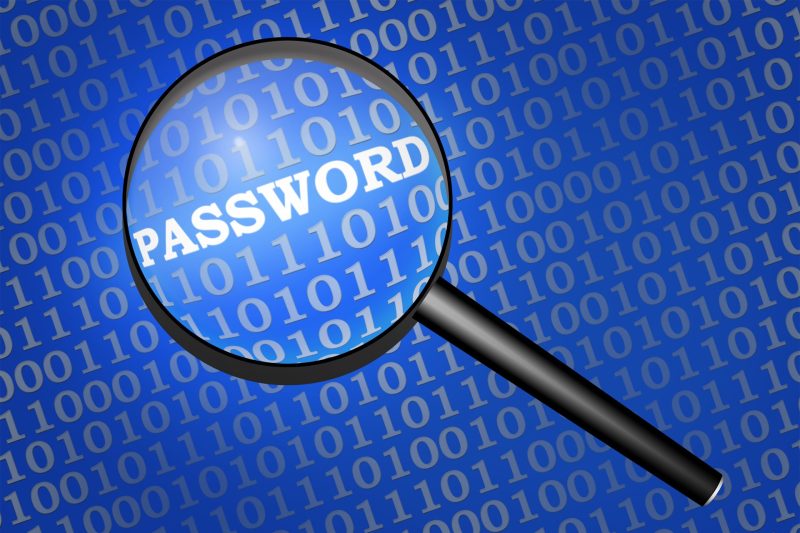Table of Contents Show
It seems as if everything requires a password these daysâ your email accounts, Instagram, Snapchat, Facebook, or other social media accounts, and your online banking and credit card accounts. You probably have so many online accounts that you couldn’t even list them right now.
That’s a lot of passwords to rememberâ which is why many people fall into the trap of using just 1-2 passwords for everything. The trouble with that strategy is that a hacker only has to crack one of your passwords to be able to access most of your personal information. And just like that, your data, your finances, and perhaps your very identity are at the mercy of some unscrupulous person. Too often, people excuse their lack of password security. Here are some lies that people with weak passwords tell themselves.
Lie #1: No One Cares About My Information.
Wrong! There are bad people in the world whose entire mission in life is to steal information from anyone and everyone. They often use brute-force password-cracking programs to get into people’s accounts. Basically, a brute-force attack tries common words and phrases first, then goes through all possible combinations till it finds the right one. And bingo! Your accounts are wide open.
Lie #2: If Someone Wants to Hack My Account, I Can’t Stop Them.
Maybe you can’t stop someone with enough determination and the right tools, but you can slow them down. You can make it so hard for them that they give up, or you can make the password-cracking process so long that they’ll get caught or stopped before they get through. It takes a while to brute-force a good, solid password, so the person behind the attack might just give up on you and go look for easier prey. But you have to have a password that’s good enough to stop them.
Lie #3. I Can’t Think of Any Good Passwords.
You can! You have the power to create really strong, nearly uncrackable passwords that will keep your data safe. Here’s one way to do it. Think of a phrase that means something to you, a phrase that you have said before or one that you’ll remember, like “I have 1 daughter, 2 sons, and a beautiful wife of 18 years!” Your password would be “Ih1d2saabwo18y!” You could use a sentence that incorporates your favorite sports team, your ideal wine along with the year it was bottled, or something else that has multiple words and a few numbers in it. Ideally, you should include a symbol or two as well.
Lie #4. I Won’t Be Able to Remember Those Passwords!
You don’t have to remember them. You can save these passwords in plain sight simply by writing a note to yourself on your phone or emailing them to yourself. If you list the passwords out in full-sentence form, no one will guess that those sentences are the key to your passwords.
There are a plethora of apps and services that allow you to safely store your passwords so that no one but you can access them. Use 2-step verification whenever it is offered, and set up a password manager that can securely store your passwords until you need them. Some password managers will fill in your passwords for you. Try LastPass, 1Password, Dashlane, and others. With these, all you have to know is one master password. Make it extra-secure, since it’s the key to all the other passwords. Try to think of one that is at least 12 characters long, with numbers, symbols, capital letters, and seemingly random letters instead of real words.
It may take you a while to convert all your weak passwords to strong ones and lock them up with a password manager; but once you’ve done it, you’ll feel much safer, no matter where you go online.









